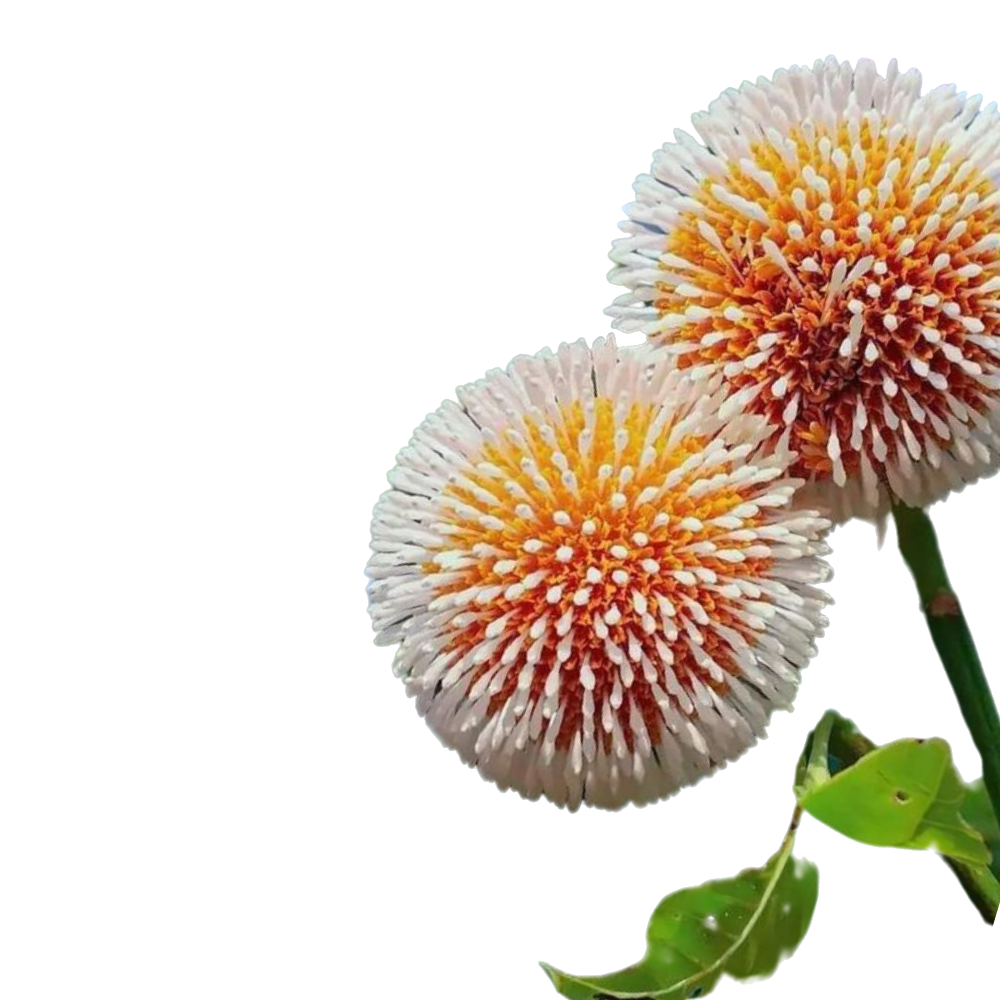Role in Nature:
Kadamba trees play a vital role in enhancing biodiversity, as their fragrant flowers attract pollinators. Their extensive root systems help prevent soil erosion and maintain soil fertility. Known for their fast growth and adaptability, these trees are valuable in reforestation and afforestation efforts. They also sequester carbon dioxide, aiding climate regulation and improving air quality.
Cultural Significance:
The fragrant flowers are used in religious rituals and conventional celebration. The tree regularly featured in ancient Indian poetry and art. It represents prosperity and well-being & this tree’s wood is utilized in making sacred idols and temples, thereby cementing its cultural importance.
Medical Significance:
- Anti-inflammatory and Analgesic Properties: Bark and leaves are used to treat fever, skin diseases, and wounds.
- Digestive and Liver Support: Extracts aid in addressing digestive issues and enhancing liver function.
- Calming Effects: Flowers are used in herbal formulations for relaxation.
- Antibacterial and Antioxidant Properties: Contribute to overall health and wellness.
Did You Know?
Kadamba in India, is revered in Hindu mythology and often associated with the deity Krishna, who is said to have played under these trees.

Role in Nature:
Kadamba trees play a vital role in enhancing biodiversity, as their fragrant flowers attract pollinators. Their extensive root systems help prevent soil erosion and maintain soil fertility. Known for their fast growth and adaptability, these trees are valuable in reforestation and afforestation efforts. They also sequester carbon dioxide, aiding climate regulation and improving air quality.
Cultural Significance:
Cultural
Significance:
The fragrant flowers are used in religious rituals and conventional celebration. The tree regularly featured in ancient Indian poetry and art. It represents prosperity and well-being & this tree’s wood is utilized in making sacred idols and temples, thereby cementing its cultural importance.
Medical Significance:
Medical
Significance:
- Anti-inflammatory and Analgesic Properties: Bark and leaves are used to treat fever, skin diseases, and wounds.
- Digestive and Liver Support: Extracts aid in addressing digestive issues and enhancing liver function.
- Calming Effects: Flowers are used in herbal formulations for relaxation.
- Antibacterial and Antioxidant Properties: Contribute to overall health and wellness.
Did You Know?
Kadamba in India, is revered in Hindu mythology and often associated with the deity Krishna, who is said to have played under these trees.
